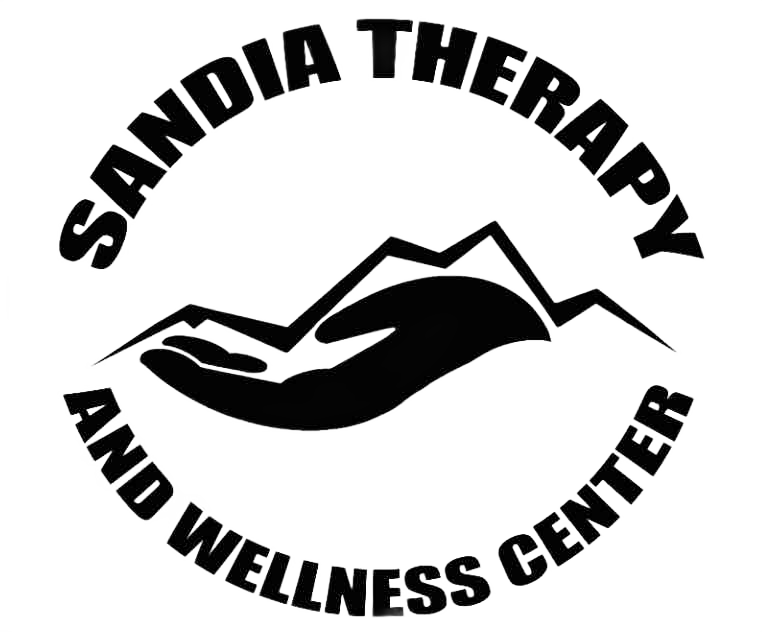DBT Therapy in Albuquerque: FAQs Answered
DBT is a structured, evidence-based therapy that helps people manage intense emotions and build lasting coping skills. These FAQs explain how comprehensive DBT works and how therapy in Albuquerque can support long-term healing and growth.
Frequently Asked Questions About DBT Therapy
Make an Appointment
Click below to schedule with one of our therapists in Albuquerque, NM.
More services at Sandia Wellness and Therapy Center
- ADHD
- Anxiety
- Bipolar Disorder
- Depression
- Grief and Loss
- LGBTQIA+ Affirming Therapy and Counseling
- Neurodiversity (Autism Spectrum Disorder)
- Panic Disorder
- Stress Management
- Trauma and PTSD
- Talk Therapy
- Eye Movement Desensitization & Reprocessing (EMDR)
- Compassionate Inquiry Therapy
- Accelerated Experiential Dynamic Psychotherapy (AEDP)
- Trauma-Focused Cognitive Behavioral Therapy (TF-CBT)
- Exposure Therapy
- Cognitive Behavioral Therapy (CBT)
- Interventions For Overwhelming Emotions & Relationship Issues
